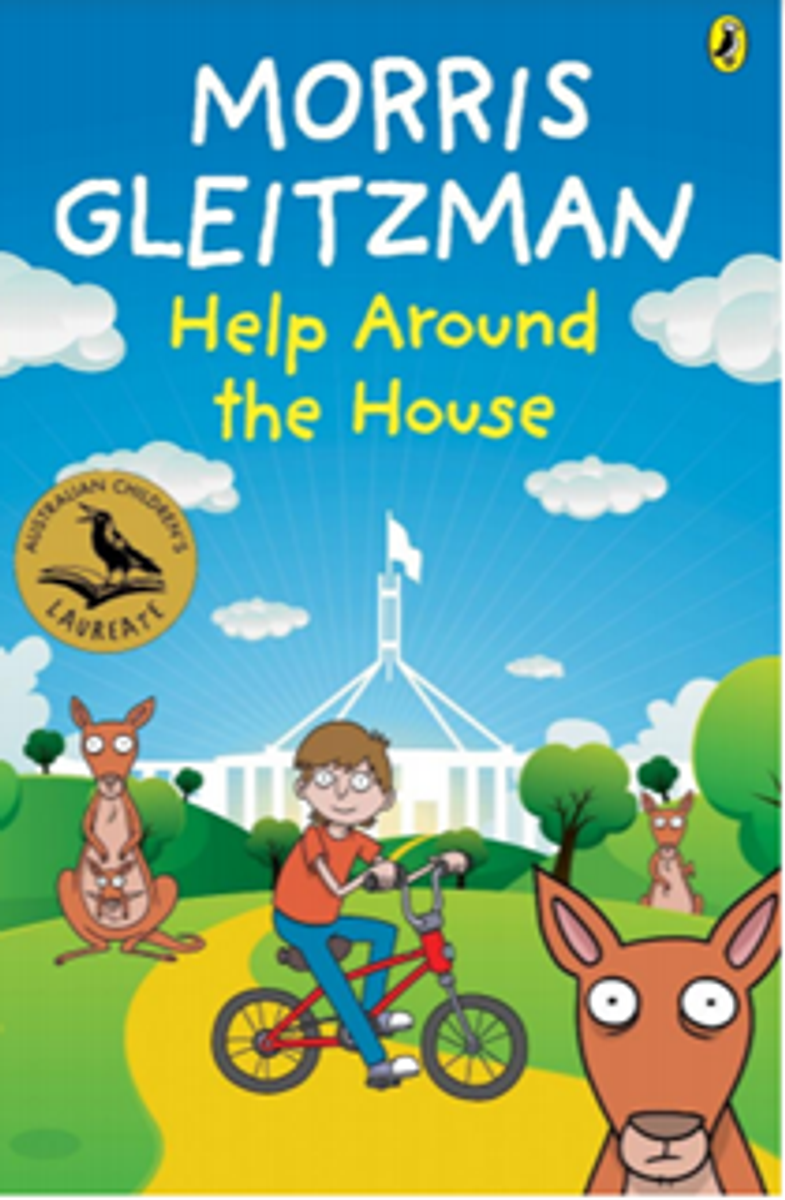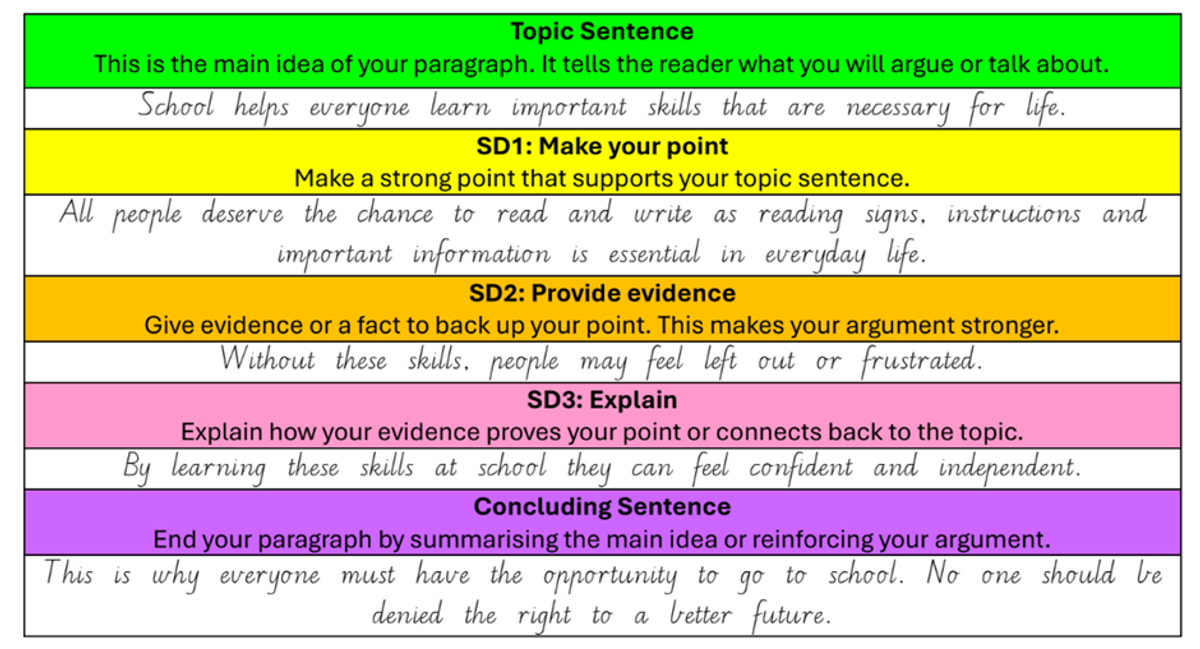Grade 4 Community News

Dear Grade 4 Students and Families,
Welcome back to Term 4! We hope the children had a wonderful break and are feeling refreshed and ready for an exciting term ahead. As we dive into our learning, we have many fun activities and events planned.
Reading
In Reading, we have begun our literature unit that is based upon our serial text Help Around the House by Morris Gleitzman. Throughout this unit the children will explore the themes of family and friendship, wealth, the media, selfishness and corruption, rules, justice, leadership and politics. Below is a short summary of the book:
When Ludo’s father wins a seat in Federal Parliament, they relocate to the capital city. Ludo feels proud of his father and hopeful that, despite the loss of his mother, they can work together to realise her dream of making a positive impact on society. However, it doesn’t take long for Ludo to feel disillusioned by the public’s negative views on politicians. He becomes uncomfortable with their new lifestyle and fears that his father is straying from his original ideals. Influenced by his mother’s kindness and compassion, Ludo struggles to comprehend why politicians earn such high salaries while many people face financial hardships. He also worries that his family is drifting apart due to his dad’s job and the belief that children should remain silent.
Writing
In Writing, the children are continuing to follow the writing process of planning, drafting, revising, editing and publishing persuasive texts. They have been analysing the structure and language features of persuasive texts prior to beginning to plan for their own pieces. This week, we have focused on formulating strong persuasive paragraphs by including topic sentences supported by making a point, using evidence and providing an explanation as well as a including a concluding statement to reinforce the overall argument. The students have also annotated sample persuasive texts to identify examples of language features such as emotive and inclusive language and high modality words used to persuade the audience. To assist your child further, you may encourage them to practise forming their own opinions about current affairs and justifying their responses with examples and reasons.
Numeracy
We have concluded our Measurement unit on Capacity and Volume. The children used materials to support their learning such as measuring jugs and containers and unifix blocks to estimate, compare and order different capacities and volumes. They also focused on converting between units of measurement to solve a variety of real world problems. This week, we have begun our Measurement unit on Time where students will learn about converting between units of time and solving simple time problems using am and pm notation. Examples include, understanding that 60 seconds is the same as 1 minute and answering questions such as, school starts each day at 9: 00 am and finishes at 3: 30 pm. How long is spent each day at school? Practise telling the time using analogue and digital clocks at home with your child and modelling the language of telling the time (for example, ‘quarter past’ and ‘quarter to’ to further support their learning.
Civics and Citizenship
This term, our content area focus is Civics and Citizenship. This unit explores how decisions can be made democratically and the role of the local government. Students will recognise the importance of rules and distinguish between rules and laws. They will also describe how people participate in their community as active citizens and factors that shape a person’s identity and sense of belonging.
Reminders:
- In term 4, students are required to wear their hats outside for recess and lunch time.
Until next time,
PLC 4


